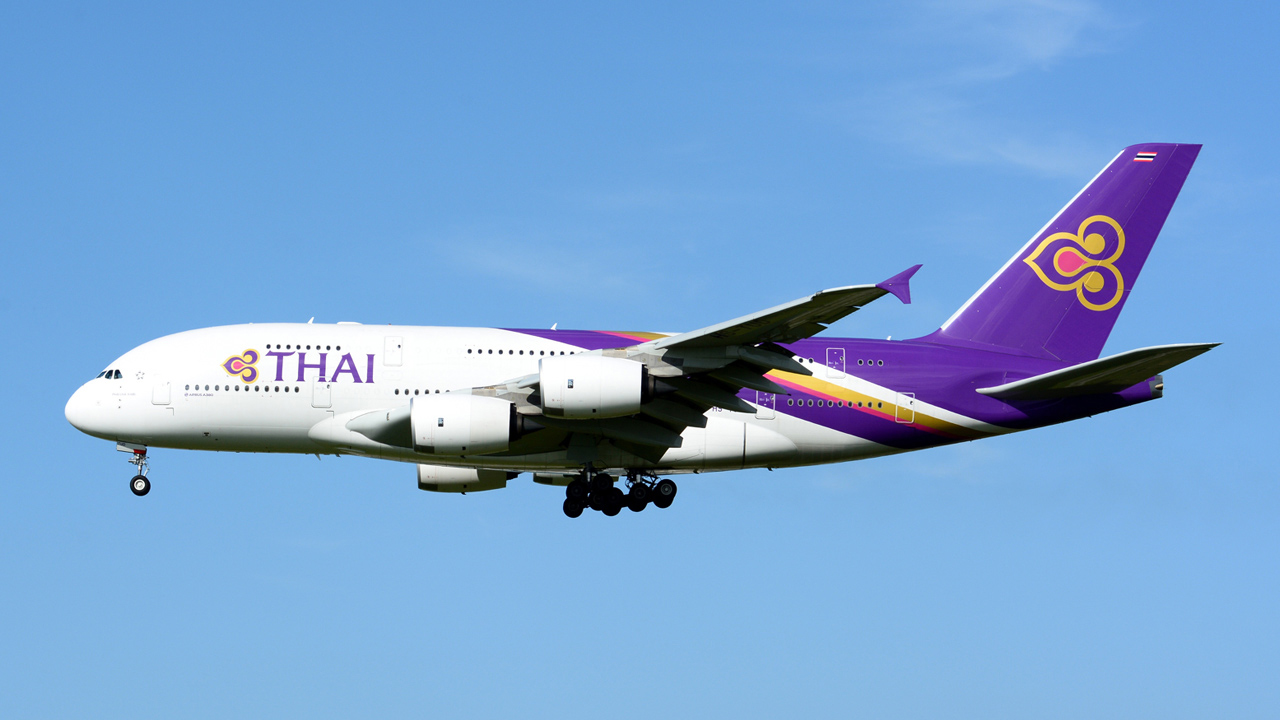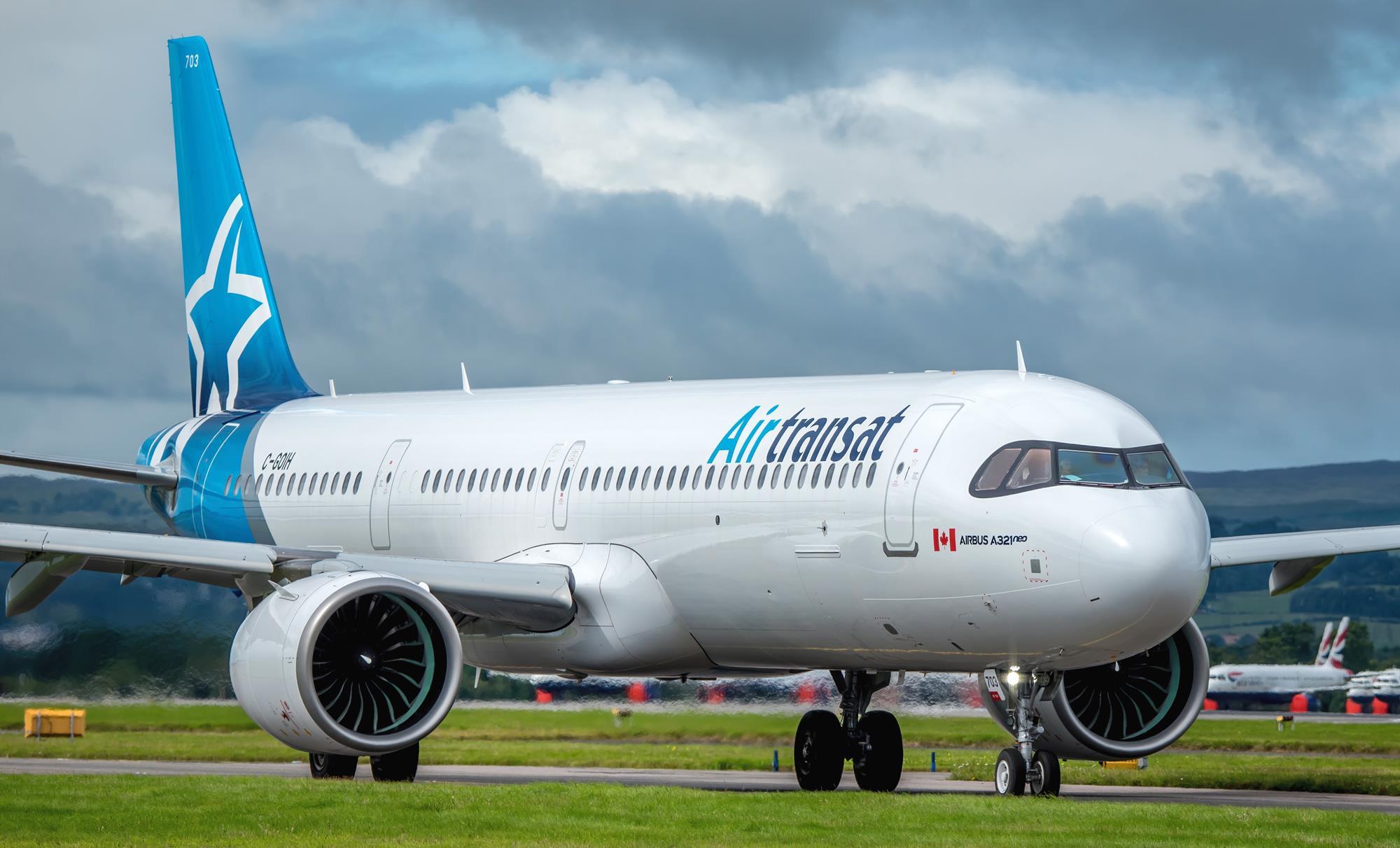
Controversial Policy Sparks Debate
Thailand’s aviation sector is currently embroiled in controversy following the government’s decision to permit foreign pilots to operate foreign-registered wet-leased aircraft within the country’s domestic airspace. The decision was made in a government cabinet meeting on December 3, allowing these operations for a six-month period. This move, proposed by the Labour Ministry, aims to tackle the shortage of local pilots, a problem exacerbated by a swift rise in passenger demand.
However, the decision has faced significant opposition. Teerawat Angkasakulkiat, president of the Thai Pilots Association, has voiced concerns, stating that this decision could have adverse impacts on local employment and pilot training opportunities. “The association believes that prioritizing foreign pilots undermines the potential of our local aviation industry to recover and grow post-pandemic,” Angkasakulkiat added.
Government’s Rationale
The Thai government has defended its decision, emphasizing economic revitalization post-pandemic. Tourism—a key revenue source—has slowly begun to rebound, leading to increased air traffic. The shortage of pilots, if unresolved, could stymie this growth, a scenario the government is keen to avoid.
According to government spokespersons:
– It is a temporary measure designed to manage a surge in flight routes.
– There are intentions to invest in long-term training programs for local pilots.
– The measure aligns with international practices in similar scenarios of short-term labor shortages.
The Labour Ministry confirmed that the policy is under periodical review and adjustments could be made based on its outcomes.
Local Concerns Mount
Despite these assurances, several stakeholders in the aviation industry argue that this policy may have unintended consequences:
– Displacement of Thai pilots: Concerns over job security for Thai pilots as a result of foreign competition.
– Safety Standards: Questions about different safety and regulatory standards between Thai aviation norms and those of foreign operators.
– Skill Development: Fears that reliance on foreign pilots could hinder investment in local pilot training programs.
Teerawat Angkasakulkiat and the Thai Pilots Association have called on the government to integrate more strategic initiatives focused on sustainable skill development within the local aviation sector. They urge policymakers to look beyond short-term fixes and address underlying industry weaknesses.
Moving Forward
As this policy continues to stir debate, authorities emphasize the temporary nature of the decision and their commitment to strengthening Thailand’s aviation workforce. However, the path forward requires balancing immediate economic needs with ensuring long-term growth and stability for the country’s aviation sector. The coming months will be crucial in determining how these decisions impact the aviation landscape in Thailand.
Scudrunners.com



